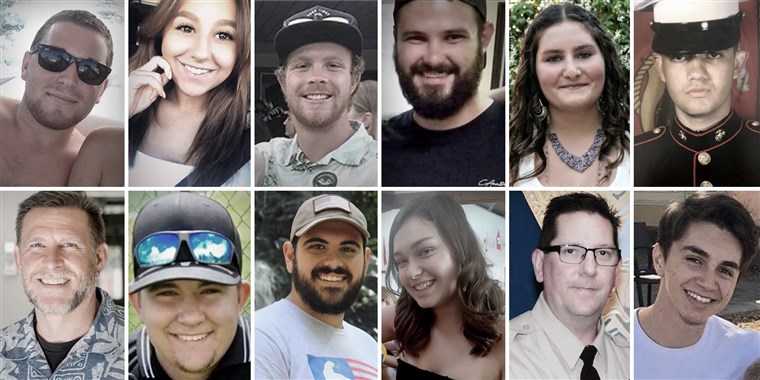Thousand Oaks Shooting
November 13, 2018
Last Wednesday, November 7, a gunman opened fire at the Borderline Bar & Grill in Thousand Oaks, California. Late that night, the shooter entered the bar during its college night celebration, killed twelve people, and injured at least a dozen others. Among those killed were a law enforcement officer and a college student. Also killed was Telemachus “Tel” Orfanos, who survived the Las Vegas shooting in October 2017. The shooter has since been identified as Ian David Long, a former Marine who frequented the bar. He had had previous run-ins with the police, including a disturbance call at his home. His mother, whom he lived with, stated that she was scared of him and what he might do after the incident with the police at their house. Outside of his family, Long was seen as a stable man, and none of his friends suspected any violent tendencies. After the shooting, police found Long’s body at the scene, and he was believed to have killed himself.
The shooting came as a shock to the whole community: Mayor Andy Fox described Thousand Oaks as “one of the safest cities in the country.” Following the tragedy, the citizens of Ventura County have come together to support the victims and their families. Service dogs have been deployed to visit the survivors in the hospital, and many residents of Thousand Oaks lined up to donate blood on Thursday. The shooting has brought forth the issue of gun control to California’s public officials. Kamala Harris, a senator from California, urged Congress to take action on the matter, and California’s other senator, Dianne Feinstein, requested the same. California’s governor-elect has also commented on the shooting, stating, “This is America…This doesn’t happen anywhere else on the planet. We can’t let folks forget that. We can’t allow this to be normalized.”

